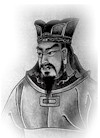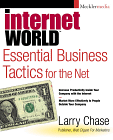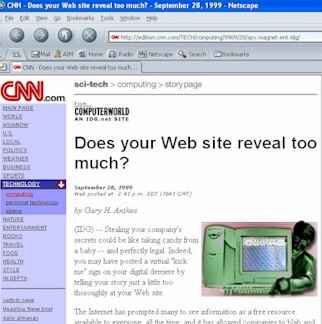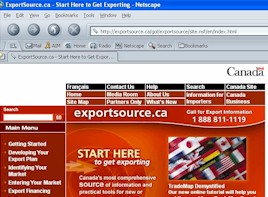Intelligence
Historical
Perspective
| Key
Points |
Competitor Intelligence
may be greatly facilitated by the Internet and may be an important thing
that e-commerce companies strive to obtain - but the basic philosophy of
"information about your enemy" is not a new thing, and in fact is many
centuries old.
We will briefly look at a number of ancient military strategists who have been studied in "modern times" for the way that these strategies can be applied in a business context. WTGR |
Sun Tzu - author of "The Art of War"
- Chinese military strategist 544-496 BC
| Several web sites explain that almost nothing is known about his life except that he was a Chinese military general who helped the King Ho-lu capture the city of Ying, bringing about the fall of the Ch'u state in 506 B.C.E. Sun Tzu is best known today for a collection of essays called The Art of War, which scholars believe is the world's oldest military writing on strategy. The book was translated by Father J. J. M. Amiot, a French Jesuit priest. |  |
"All warfare is based on
deception,"
"The supreme art of war
is to subdue the enemy without fighting,"
"If you know yourself, but
not your enemy, for every battle won, you will suffer a loss."
A number of quoteable quotes
are used by Sun Tzu in business all over the world.
For example, to justify
early entry to the market, one web site says
"Those who arrive early
at the battlefield will be in a position to take the initiative."
- like Pepsi getting into
the Russian market after glasnost, before Coke
- like Google scanning books,
before Yahoo
- like Mapquest preceding
Google Earth















